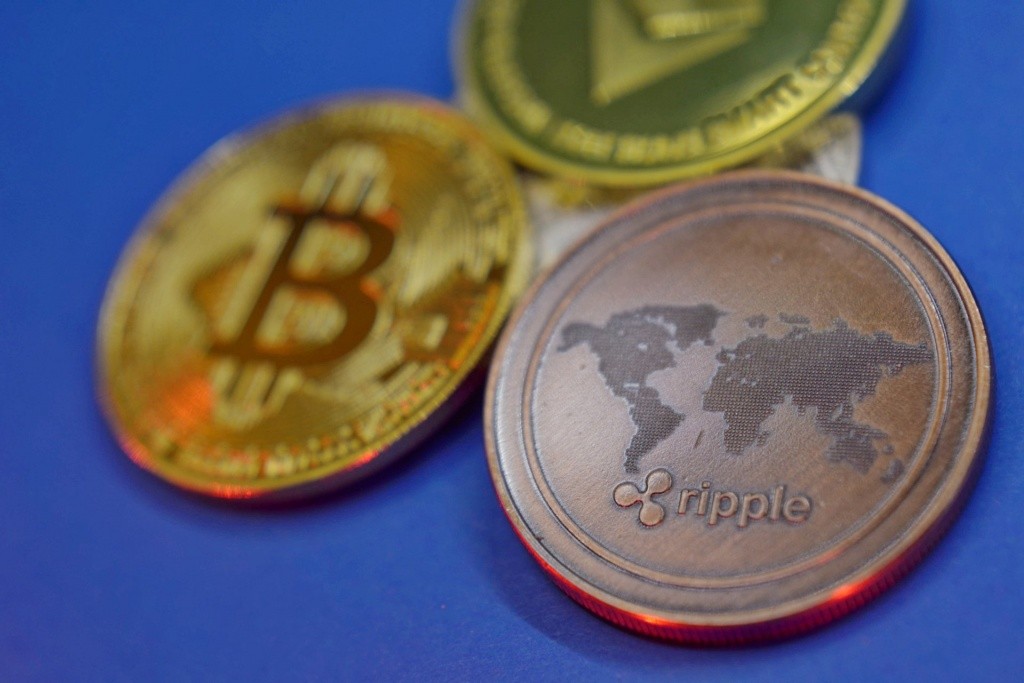
Traditionally speaking, if we want to buy and sell stocks, we need to open a portfolio with brokers or securities companies. To trade cryptocurrency, we simply open an account with a cryptocurrency exchange.
Products that are traded on such exchanges are cryptocurrencies ranging from Bitcoin, Etherium, Ripple, and many others. These currencies can have trading pairs either with fiat currency, such as the US dollar, or matched against larger cryptocurrencies like Bitcoin and Ethereum. Exchanges are also the site of trading, or what we call secondary market, for tokens issued by ICOs. Given that there are many exchanges available, tokens can be listed on any number of exchanges so be sure to check if a particular exchange allows trading in the tokens you have.
In a stock exchange, there are middlemen to help manage the administrative operations including opening of an account, transfer of money and trading. Trading with cryptocurrency on a cryptocurrency exchange is more straightforward, where the individual oversees the entire trading process himself.
There are two types of exchanges, namely centralized and decentralized exchange.
As an intermediary platform for commodity trading, centralized exchanges provide certain services such as verifying of users through KYC (Know Your Customer) and AML (Anti-Money Laundering) and other benefits:
1. If coins are able to list on exchanges after they ICO, it will be able to pull customers from the exchange’s existing user base to use its own services. Some exchanges also provide the option for projects to IEO, or fundraise through the exchange platform, capitalizing on its resources.
2. Higher trading liquidity. Anyone who is an investor in the stock market will know that trading volume in the market is important because all too often markets with few players remain illiquid. Cryptocurrency exchanges run 24/7 and even allow the buying and selling of a fraction of a token, which is more affordable for users to trade smaller amounts. For instance, at the time of writing 1 Bitcoin is valued at approximately US$10K but a user can choose to buy a hundred dollars worth of Bitcoin instead if they wished.
3. It is fast and easy to deposit, withdraw and transfer money, making financial transactions very convenient.
4. Exchanges often provide special privileges such as discounts, revenue sharing, attractive referral fees, low trading fees, and even rewards for those who have a high volume of trading.
Security is another important issue when it comes to centralized exchanges. News of exchanges getting hacked is a big problem that is giving the cryptocurrency industry a bad reputation. Before choosing an exchange, one should check the history well before using it; has there been any prior hacks, or if there was, were the customers compensated. Technically speaking no exchange is 100% safe from hacking, but having basic quality security practices can prevent any damage from data theft and give you greater assurance.
The Decentralized Exchange (DEX) on the other hand requires no middleman at all. Although there are people who develop the trading platform, they will not be involved in the transactions. Customers make peer-to-peer (P2P) transactions purely using smart contracts. Users are able to hold currencies in their own wallets instead of storing them on the exchange leaving them vulnerable. Exchange hosting is also distributed across multiple nodes in its entire network of users. In other words, it addresses the problem of security simply because it will not fall prey to a single central point of failure as is the case for centralized exchanges. However, the disadvantage of a decentralized model is its speed of operations, having to coordinate across an entire network for every transaction made.


